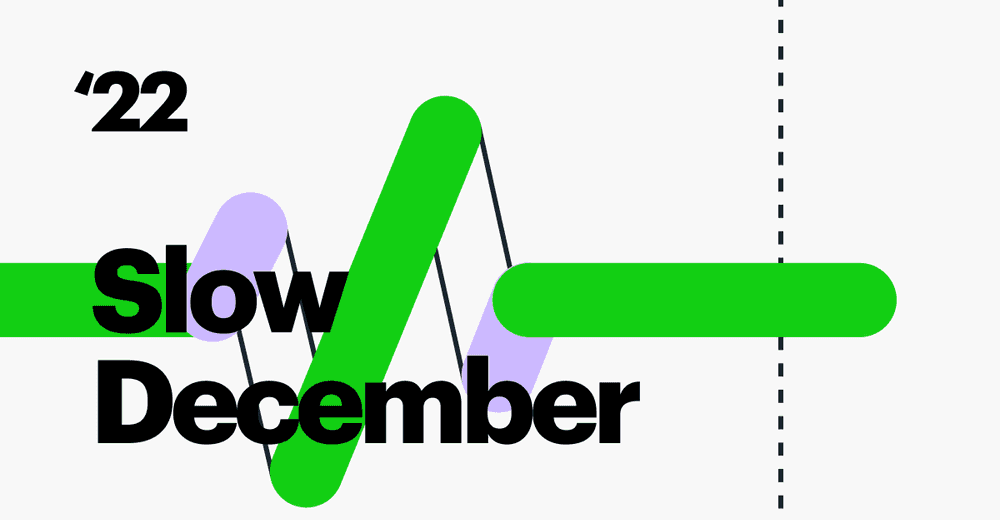How to Accept Criticism
It’s hard.
In fact, it’s incredibly hard.
Taking criticism is hard as fuck. When criticized, we all kinda automatically take a defensive stance, frown, and rush to counterattack, picking on our critic’s weaknesses. When criticized, we are inclined to appeal to the critic’s insufficient experience, their past, their superficial judgments.
It’s quite natural to try proving they got you all wrong, that you are not like that, and in fact, everything your critic says is false. It’s very human to blame the circumstances, the weather, irresponsible guys from another team who half-ass everything, a lack of caffeine, tasks overflooding the backlog, a midlife crisis, and the messed up circadian rhythm. The last thing you want to do is stop, think, and comprehend.
All these reactions are completely natural. We perceive criticism as an attack, as aggression. Even the mildest criticism can be threatening, and there’s nothing to be done about it. It is almost impossible to wrap it as if it were candy—because ‘sugar’ dissolves any reasonable thoughts altogether and makes us miss the whole point. On the other hand, there is no need to give your criticism an extra boost using sarcasm—it can hurt too much. The best option is to speak some calm, sincere words.

If we perceive criticism as aggression, how do we learn to react adequately to it? Well, that’s tricky, but it’s one of the most wholesome skills one can acquire.
The best response to criticism is calm acceptance. Criticism should be taken as mere extra information, period. Just as any information, criticism can be useful or useless. You just can’t tell right away what kind it is because the initial emotional reaction is overwhelming. Accordingly, we need to give ourselves some time. The idea is to first take the information, wait for the emotions to subside, analyze the input, and then decide what to do with it.
How to achieve this? Easy to say, much harder to do: through practice. It actually means you can go and ask others to criticize your work. Have you made a website? Ask everyone to criticize it. Been on a team for a year? Ask colleagues to give you some feedback (preferably anonymously). Can’t think of anything to get feedback on? Post something provocative on Facebook and enjoy the flood of critical comments coming your way. After a few years of this immersion therapy, a piece of criticism won’t cause you the same storm of emotions anymore. You will stay calm. Your life will get better (well, potentially).
For many years now, I have collected personal feedback in the company. According to some critical reviews from some previous years,
-
I’m excessively harsh and adamant.
-
I was unable to settle some conflicts that didn’t even need to emerge in the first place. For instance, we’ve once had a debate about sweets in the office. Such discussions need to be nipped in the bud because they derail any meaningful teamwork.
-
I lack some leadership skills. Apparently, I need to involve more with motivating my employees, inspire them more (but my tactic is to not demotivate them in the first place).
-
…
Then there was a year when I didn’t receive any devastating criticism, oddly enough. However, that year someone told me I seem to value people who talk a lot over those who actually work but don’t talk about it.
Was it pleasant to read these things? Not really. Do I agree with all this input? Sure not—but there’s plenty to think about in it.
The worst thing you can do is collect critical feedback and then never think about it again. Feedback allows you to notice mistakes and do better, no matter if you agree with it or not. Some of the reviews listed above got me thinking and certainly influenced me, my behavior, and the company.
Admitting the helpfulness of criticism is painful and difficult at first. Anyways, it needs to be done. Improvement is impossible when you aspire to simply be comfortable in a soft cocoon of flattery. You can’t become better by surrounding yourself with a wall of silence.
P.S. Try Fibery and throw some painful truth at us via Intercom. We will appreciate this. 💖
Psst... Wanna try Fibery? 👀
Infinitely flexible product discovery & development platform.



